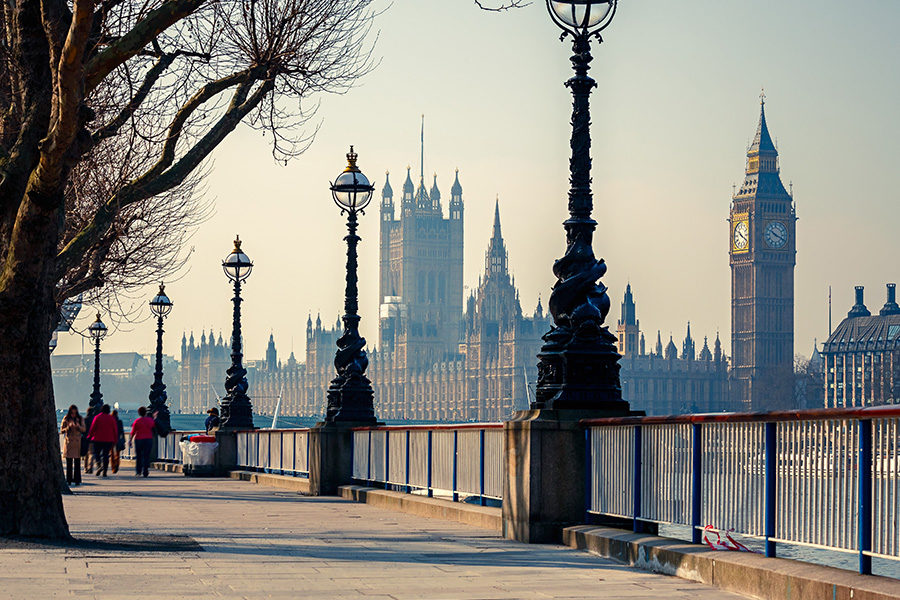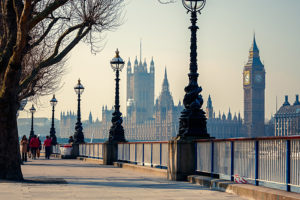GBGC: Online gaming 1Q up and away

GBGC (Global Betting & Gaming Consultants Ltd) shares some insights on issues that matter to the online gaming industry.
Report.- The first quarter results from listed internet gambling companies have been outstanding:
- 888 Holdings were up 66%
- Flutter -UK online up 35% and the less mature US market up 135%
- Entain – online sports up 44% and gaming up 23%. The betting shops were down 99% due to the lockdown.
Is this significant uplift due to bricks and mortar being closed, people working from home with not much else to do or is it an existential shift to online?
Probably all three. The question though is how much of this uplift in revenue and new player registrations will stay in place when normality returns.
Looking away from gambling Chief Executive, Mike Coupe of Sainsbury’s supermarkets in the UK said: “When people get into the habit of ordering their groceries online it’s likely to be sticky.”
People used to like to look at what they were buying first, but the trade-off between convenience of online seems to be winning. Compared to gambling being purely transactional one must speculate about the future of bricks and mortar.
When we return to normality a good percentage of the revenue uplift for online is likely to be permanent.
Warwick Bartlett, CEO at GBGC, believes that the super integrated resort casino has a strong future because it offers the consumer a unique experience.
Size matters because with size comes adaptability, you have the space to cause change and follow trends.
Land based betting through betting shops UK style, or corners in Italy must adapt. Why would a customer leave the value available on his cell phone to go to a betting shop?
A new experience needs to be incorporated into the betting shop to cause punters to make the effort.
See also: UK gambling tax revenue falls below expectations
Betting shops have adapted over the years, they now serve food and non-alcoholic drink, but they are primarily a token offer to support gambling.
The betting shop experience is too transactional, the same as online, with less value, and the trouble of having to make a journey to get there. Online wins hands down.
There has been a long-standing debate about whether alcohol should be served in the UK’s betting shops, as it is in Germany and Nevada. Historically the mix is regarded as toxic in the UK.
Betting shops
Life has moved on gamblers watching football in the pub, and at the same time bet through their mobile phones. Racegoer’s drink and bet all day long.
If the betting shop is to survive, continue to support the horse racing industry through media rights, and betting levy it must adapt, and provide an experience, and the only way is by allowing the betting shop to have a bar.
The atmosphere would be transformed, you would have larger shops, offering better viewing facilities and seats with digital betting terminals. You would have zones for football and horse racing with waiter service to deliver food and beverage.
The shops would have to be treble the size of the average betting shop, but with the continual drift from retail shopping to online rents are falling, besides the shop does not have to be in the main street, and parking is likely to be key.
There are inevitably going to be fewer shops, many localities will not have one, so online gambling’s future is assured.
Horse racing is still the most important betting product in the UK betting shop, so the loss of revenue to horse racing is significant. But if betting shop numbers are going to fall, they already are, why does the UK need 60 horse racetracks?











